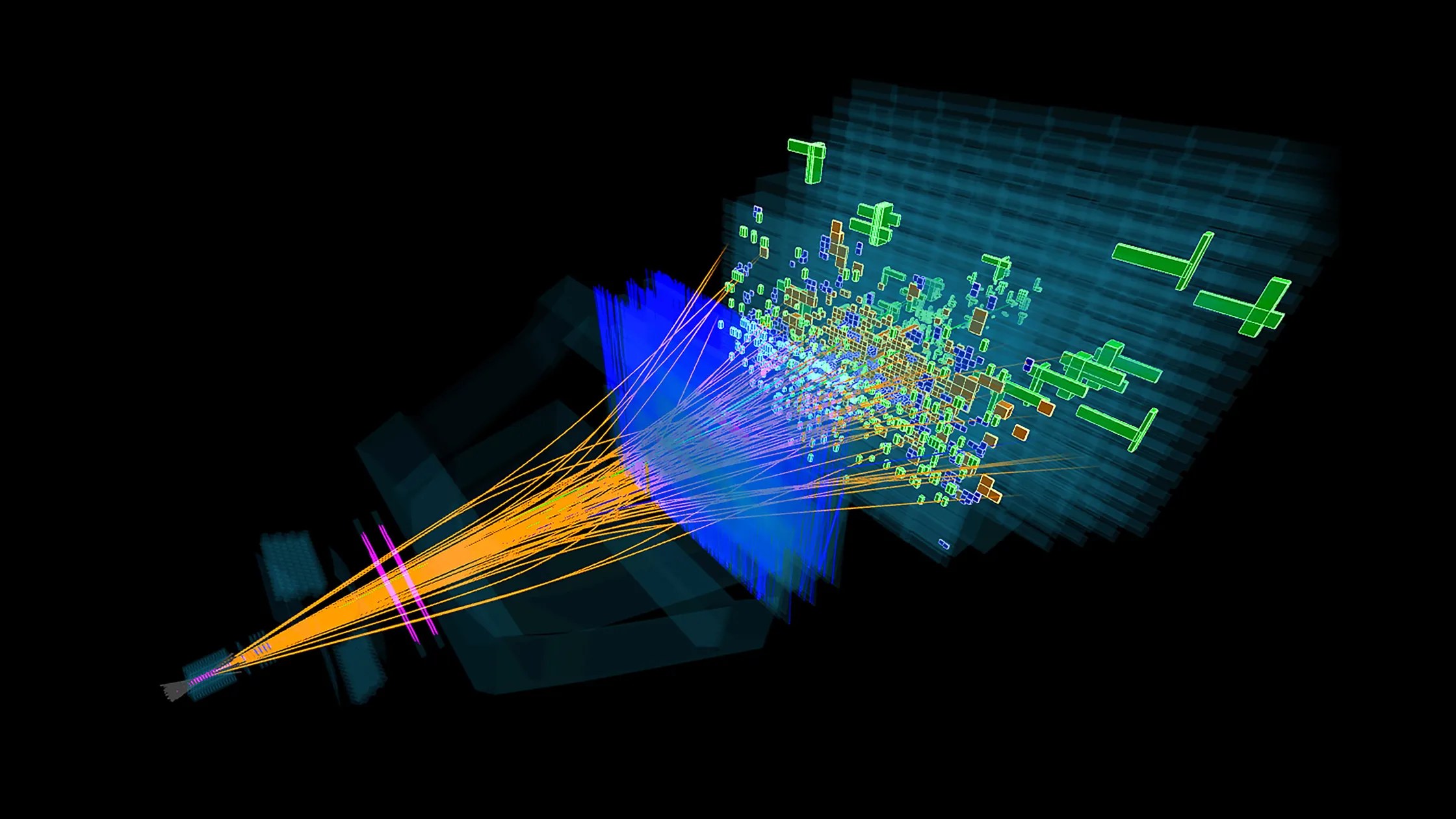The MIT biologist says peer-review journals can be tainted by conflicts of interest.
Question: What is an ethical dilemma you've faced in your profession?
Leonard Guarente: I think one dilemma you always have is, our profession really depends on our being able to publish our work in peer-review journals, so what gets published has really been gone over with a fine-tooth comb. And so we review each other's papers. And you have to decide when you have a conflict of interest or not, and if someone's work is too close to yours -- they're a competitor -- I think you have to stay away from it because there's an obvious conflict of interest. A little bit less obvious if you have people whose papers -- who wrote the papers -- are from your lab, they're former post-docs or students. I think that's also a conflict of interest. And I think it's a -- there are gray areas, work that's sort of close to your work, but I mean where do you draw the line when it's okay to review someone else's work, be it a paper or a grant, and when is it not? And when is self-interest creeping in? And you know, I think it's very important that the peer review process -- as it's the best thing we have -- that it be as pure as possible. It's never going to be perfect, but I think it's worth thinking about, and it poses dilemmas on a regular basis.
Recorded on November 9, 2009





